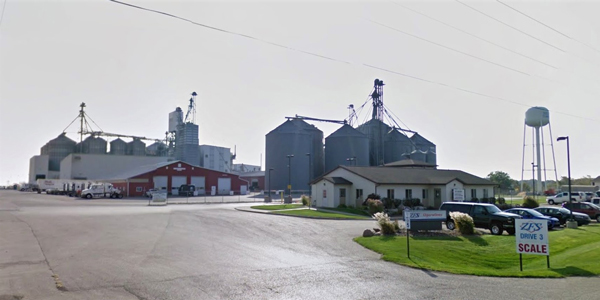By Amanda Durish Cook
FERC ruled last week that a Michigan soybean farm operating two small biomass plants is not excused from a requirement to file as a qualifying facility under the Public Utility Regulatory Policies Act, but it reduced the consequences of the farm’s yearslong failure to do so.
The commission on Thursday said Zeeland Farm Services had a responsibility to file for QF status, even though the company claimed it was unaware of its filing obligation for 10 years. The order partially waived the filing requirement so the two facilities could be largely treated as QFs for the time they operated out-of-compliance (EL17-70, et al.).
The farm owns two 1.6-MW landfill gas-fueled facilities located at its soybean processing facility in Zeeland, Mich. Under a FERC rule enacted in 2006, generating facilities larger than 1 MW must file for QF status.
One of Zeeland Farm’s biomass facilities began operating in late 2005, with the other following in 2008. The farm had sold the output to Consumers Energy under two, seven-year power purchase agreements.
FERC did not shield Zeeland from Sections 205 and 206 of the Federal Power Act, leaving the farm facing refunds for “the time value of the revenues collected … for the entire period that the rate was collected without commission authorization.” The farm has already filed a report approved by FERC earlier this month establishing that over the course of the PPAs, it lost money on fuel expenses and operations and maintenance costs, which totaled about $7.9 million (QF17-935). Zeeland collected a total $7.6 million for energy and capacity sold to Consumers, and the commission agreed a refund report should not be required because the farm was unable to recover some variable costs.
FERC also said Zeeland will not have to refund the difference between a market-based rate and a cost-justified rate, as the FPA prescribes, because rates were negotiated with Consumers.
Zeeland said it only became aware of the filing requirement in late 2016, and it filed notices of self-certification last May after informing Consumers of the mistake and conducting a review to make sure the biomass plants still fit the QF definition. Zeeland said its failure to timely submit notices of self-certification was the result of a “good-faith, inadvertent error by individuals and companies otherwise not engaged in the power business.”
But the commission didn’t express sympathy for the oversight. “Zeeland Farm has not justified its failure to comply with a filing requirement that has been present in the commission’s regulations since 2006,” FERC said. “In similar situations, the commission has not been persuaded by claims that the facility met all other requirements for QF status because that argument improperly minimizes the importance of the filing requirement.”





